As a candidate who ran for the latest Iranian presidential election in 2009, Rezaei told Khabar Online yesterday that he views the negative consequences of the post-election disputes not simply in political but educational and spiritual terms.
"Insulting the prominent characters belonging to the first generation of the revolution puts a long-term negative effect on the minds of young people within the next 10 years," he maintained.
Unlike those who stress on the explicit negative impacts of the vote, Rezaei tries to offer a more in-depth and implicit pathological view on the issue: "We have not observed such impacts on the education and beliefs of the third and fourth generations of the Islamic Revolution who are to inherit its achievements in future."
Reza'ei was the chief commander of Islamic Revolutionary Guards Corps (IRGC) in 1981 to 1997 and led the guards in the turbulent years of Iraq's imposed war against Iran known in the country as 'sacred defense'.
Using a martial allegory, he added: "There is a kind of smart mine installed in the depth of the sea. When a ship passes above its sensors realize the vessel, then it comes to the surface and explodes. The same is true for the third and fourth generations of the revolution whose smart residues in mind will finally blow up and bring unwanted results."
He noted that since last year, the rule of jurisprudent (Velayat-e Faqih, a principle of Iran's Islamic Republic); the late supreme leader of the Islamic Revolution, Ayatollah Ruhollah Khomeini and his allies; as well as the principles of the revolution were questioned. A negative image was projected of the Islamic Republic throughout the world which was unreal.
Last year when the result of late Iran's presidential election was formally announced, Reza'ei expressed doubts about the result. But unlike the two reformist candidates Mir Hossein Mousavi and Mahdi Karroubi, respectively former Prime Minister and Parliament Speaker, he withdrew his complaint after the supreme leader Ayatollah Ali Khamenei endorsed the vote. The election reinstated the incumbent president, Mahmoud Ahmadinejad.
In the midst of post-election turmoil, a number of pro-government officials and media attacked former Islamic Republic officials above them the influential cleric, Ayatollah Akbar Hashemi Rafsanjani who heads Iran's Assembly of Experts and is the chairman of Expediency Council.
Secretary of the Expediency Council went on to say: "Once we were tasked with policymaking, but now the strengthening of society, family, cities, villages, provinces and the rearrangement of spirituality-morality within the society is prior to other tasks."
"We must focus on reinforcing society beliefs and values. In this trend, the reconstruction of economic, scientific, technological and cultural aspects of the society demands more attention. I believe that we have arrived to a new age and our future heroes are those elites who reconstruct Iranian and Islamic society," Reza'ei concluded.

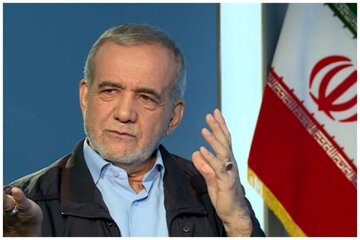
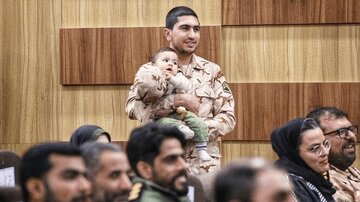
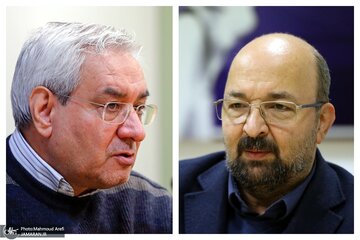
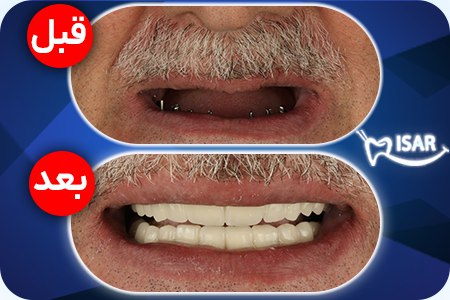





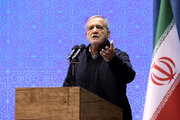
نظر شما